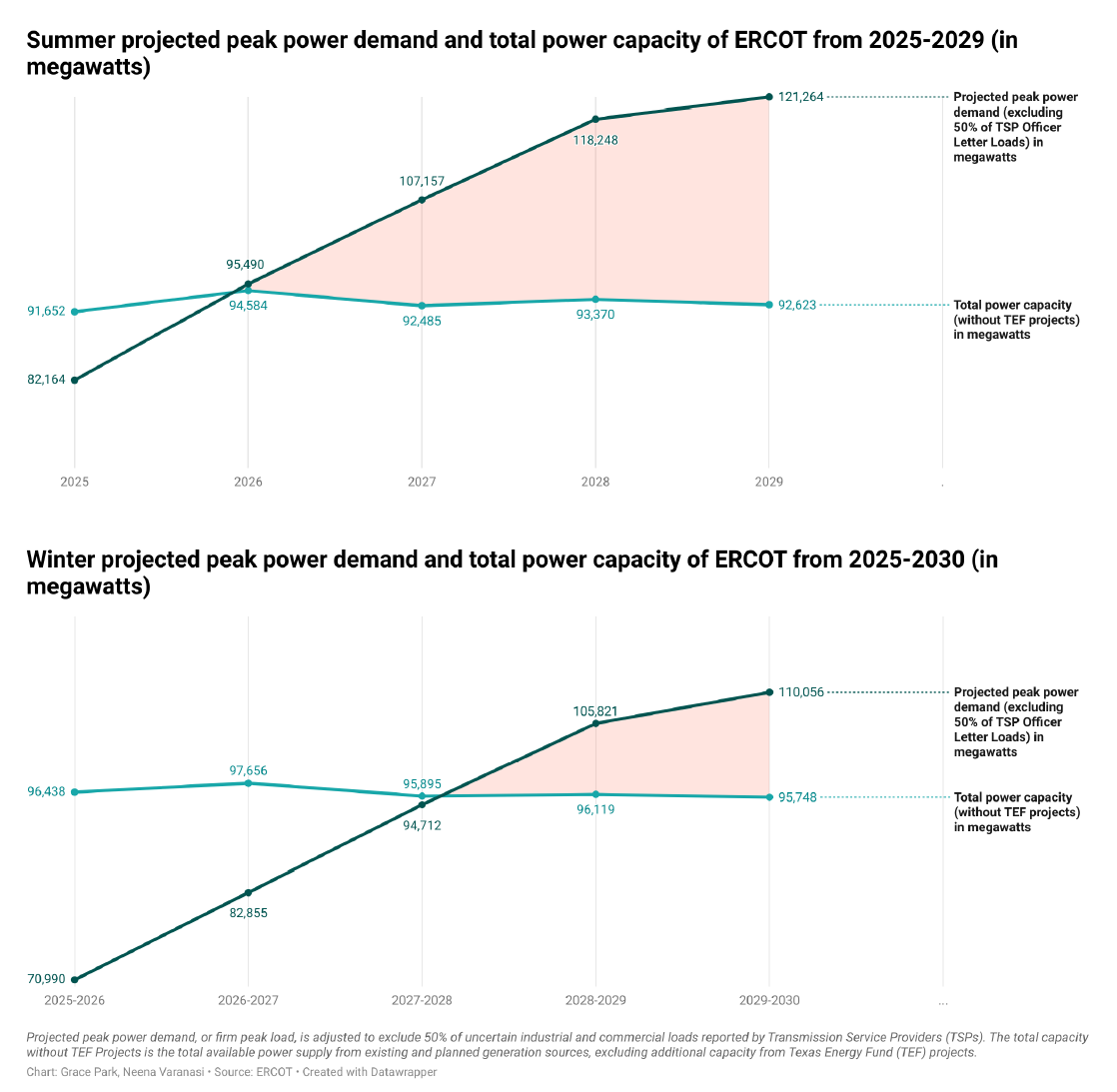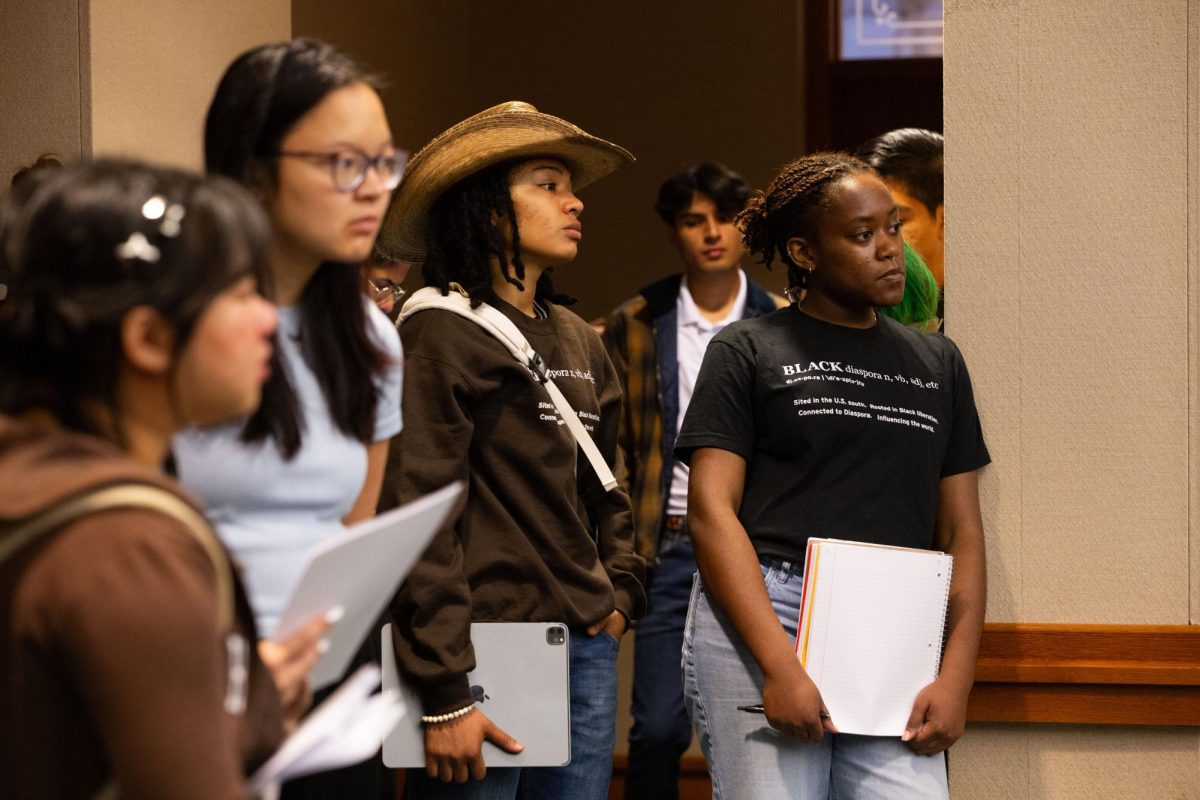The U.S. Department of Education hopes to increase the success of higher education institutions by opening student records to specified agencies.
The department announced several changes to the Family Educational Rights and Privacy Act, which it says will still safeguard student privacy while sharing school data for research purposes.
Under FERPA as it was previously written, states were only allowed to share students’ educational records with written consent. Obtaining student consent often hindered the accuracy and efficiency of state and federal data collection, said UT registrar Shelby Stanfield. States will no longer need student consent once the guidelines are in effect.
“Logistically, you can’t gather individual consent from all these students to gather some of the useful information, such as the number of hours the student is taking or the extracurricular activities the student is involved in,” Stanfield said.
The information is important for creating a more seamless picture of statewide educational success, especially among higher learning institutions, he said. For instance, if a student were to enroll at a college but drop out, there is no way of knowing whether that student completed his or her education at a different institution. A goal is to create such a system, he said.
“There’s been a significant movement over past years to create an integrated state education database,” he said. “The interest is to be able to look at overall state effectiveness versus by an individual, institution-to-institution basis.”
This goal isn’t new and neither is the release of information to third-party agencies, Stanfield said. He said the University already shares semester enrollments and demographics with the Higher Education Coordinating Board so they can see what students are taking certain classes.
“My guess is, the provisions would allow for an extension of that,” he said.
Students aren’t likely to be affected by the changes because the goal is to create a general overview of the system’s effectiveness and not base it on individual students, Stanfield said.
“I don’t think students will notice,” Stanfield said. “They designed the system to protect student privacy, and I don’t see how that will change after the provisions.”
Still, ensuring protection of student privacy — the reason for FERPA’s creation in 1974 — remains a concern for the government. The education department issued a statement saying states will have clearer rights concerning the collection of data, but privacy will increase with the new provisions.
“Data should only be shared with the right people for the right reasons,” said secretary of education Arne Duncan in the statement. “We need common-sense rules that strengthen privacy protections and allow for meaningful uses of data.”
The new student privacy initiatives include the implementation of a chief privacy officer, who will help designate which agencies are able to collect and manage personal information. The screening process will aid states in creating a directory of third-party agencies, limiting access to student records only to those approved by the state and federal governments.
The lack of control over the release of information bothers economics sophomore Sarah Alfadda.
“I don’t know how comfortable I feel about having my [gpa] released without my knowledge,” Alfadda said. “It’s sort of sacred information.”




















